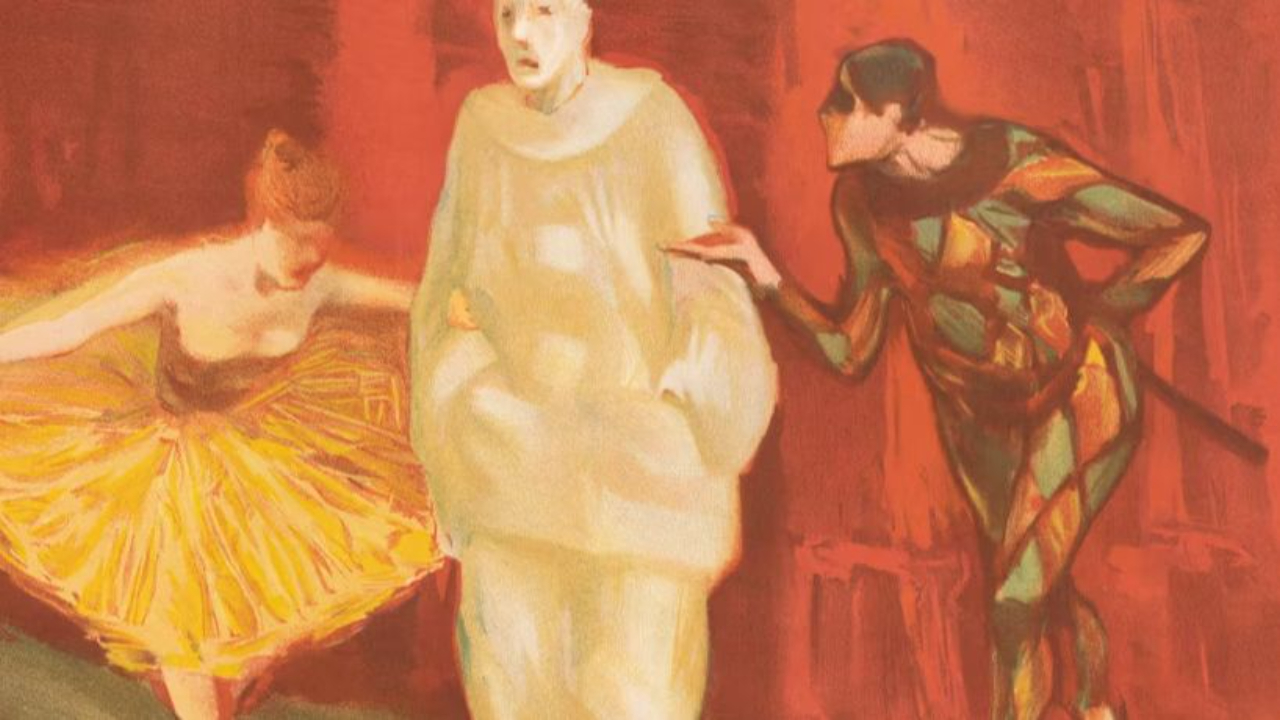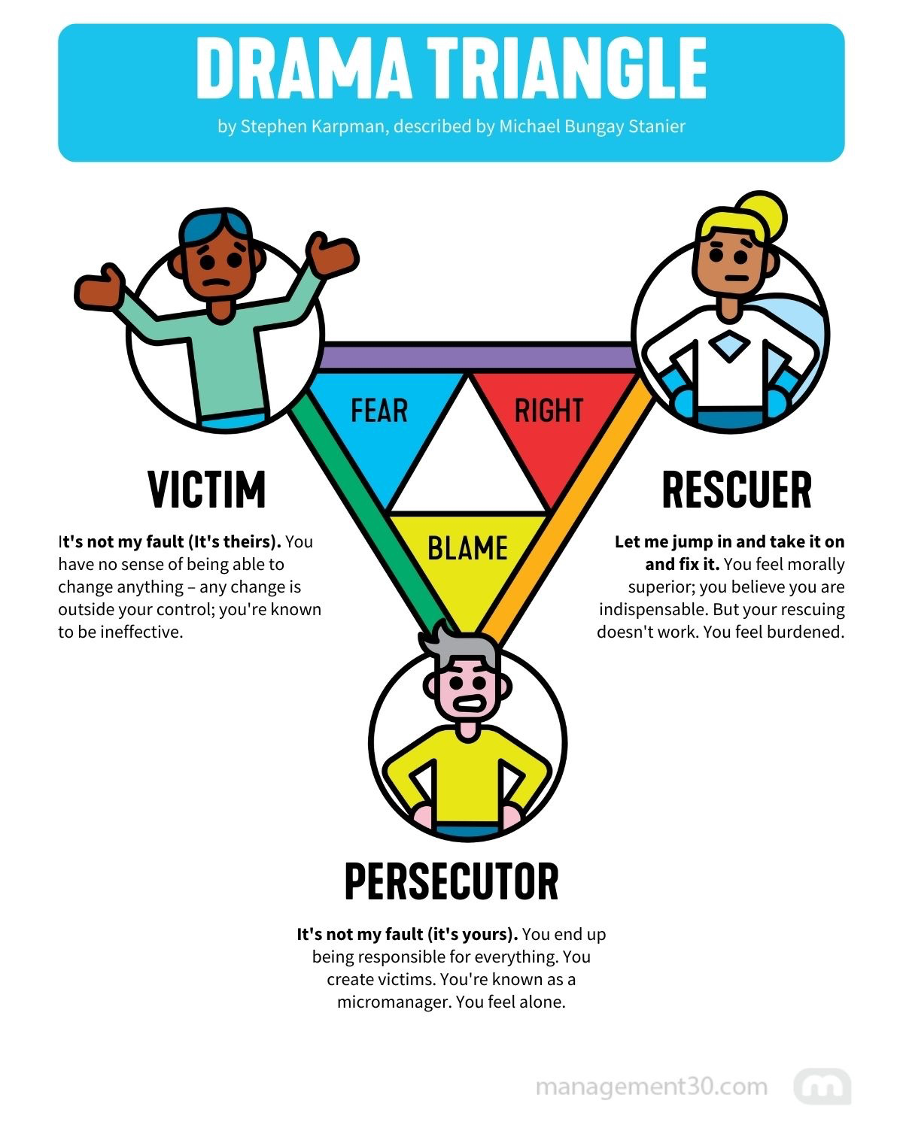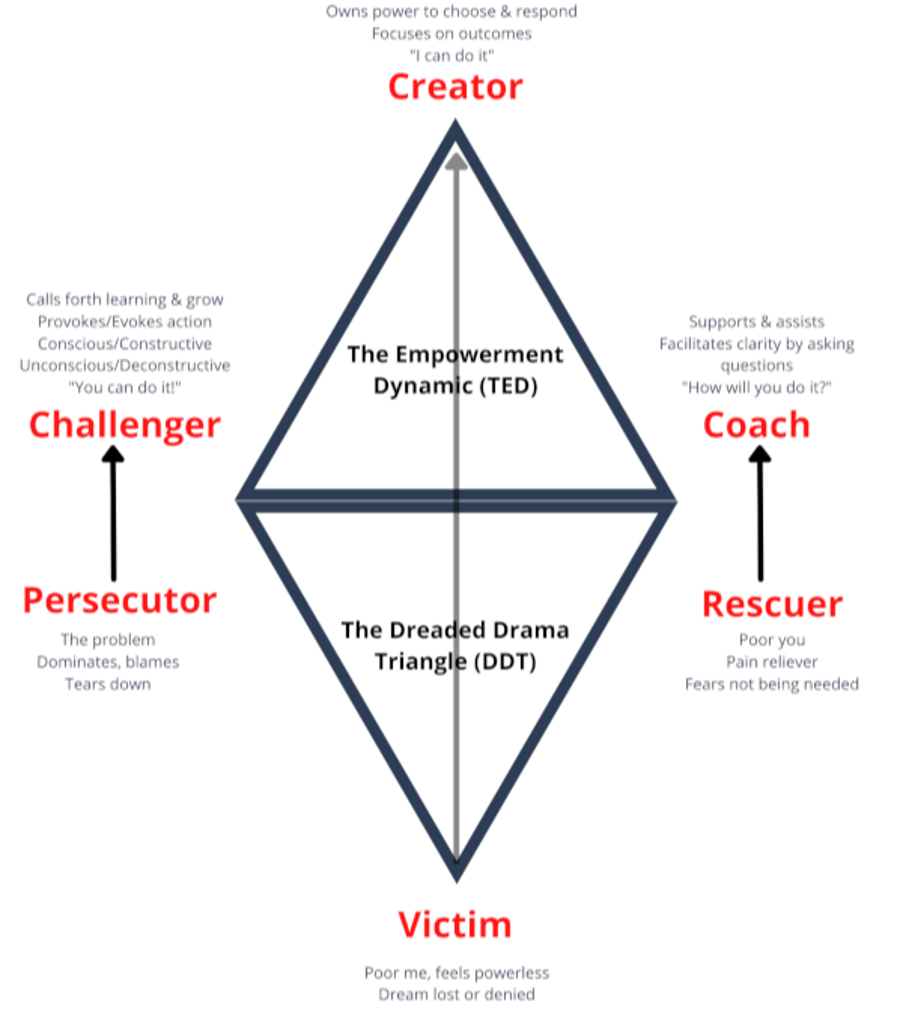On Our Desire for Drama
Jun 04, 2025
Since the Dark Eros Retreat at the beginning of May, I’ve been reflecting on drama once again in my life — and how drama impacts our relationships, our nervous systems, and the stories we tell ourselves.
Drama is not just something that happens out there.
It starts within.
But it also happens in relational dynamics - with partners, friends and at work.
The more insecure we are - scared, triggered, or in need of something we don’t yet know how to ask for - the higher the chances for drama.
Let me give you a classic example from my work with attachment styles.
One partner is feeling tender, anxious, unsure.
They need reassurance, closeness, contact.
They’re not 'wrong' for wanting and needing this.
The other partner is feeling overwhelmed, emotionally full, maybe even disconnected from themselves.
They need space, aloneness, breath.
They’re not ‘wrong’ for wanting and needing this either.
But here’s what happens next…
Partner A says: “I want some time to myself.”
Partner B hears: “You’re abandoning me.”
Partner B reacts: “Why are you always pushing me away? I never feel safe with you.”
Partner A says: “You’re suffocating me. I never get to just be in peace.”
Now both are hurt.
Both feel misunderstood.
And both think the other is the perpetrator.

This is the drama triangle in action:
The drama triangle has three characters. Let me introduce them:
- The Victim
Core belief: "I must be seen as incapable and hard done by to be taken care of"
How to recognise this in yourself
- Feels powerless, helpless, overwhelmed
- Feels “done to,” wronged, unseen
- Often collapses or freezes under pressure
- “No one understands me.”
- “Why does this always happen to me?”
- “I can’t change this, no matter what I do.”
Power Game
Their power lies in being seen as powerless.
This invites sympathy, caretaking, or deflection of responsibility.
Victims subtly control by refusing responsibility and externalising blame.
Shadow Need
To be rescued without having to claim their own agency.
To be cared for without asking directly.
To not be held accountable.
- The Persecutor
Core belief: “I must protect/control to be safe.”
How to recognise this in yourself
- Feels angry, judgmental, righteous
- Reacts with criticism or shutdown
- Seeks dominance when vulnerable
- “You’re so selfish / needy / lazy / dramatic.”
- “You always ruin things.”
- “If you just listened to me, we wouldn’t be here.”
Their Power Game
Their power comes from aggression, superiority, and judgment.
They stay safe by keeping others small, wrong, or intimidated.
Shadow Need
To feel powerful and in control — especially when hurt or afraid.
To avoid vulnerability by staying one step ahead.
- The Rescuer
Core belief: “I must help to be loved.”
How to Recognise this in yourself
- Feels anxious, overly responsible, over-functioning
- Gets self-worth from “fixing” or caretaking others
- Often exhausted, but won’t stop giving
- “Let me help you — I’ll take care of it.”
- “They just can’t do it without me.”
- “If I stop giving, they won’t love me.”
Power Game
Their power comes from being indispensable and from believing in the powerlessness of the victim.
They avoid their own needs and feelings by focusing on others’.
Shadow Need
To feel needed so they don’t feel abandoned.
To control others' pain so they don’t have to feel their own.

These three characters are spinning in a loop. Each person flips roles in split seconds.
The anxious one feels like the victim.
Then becomes the persecutor.
The avoidant one feels attacked and becomes the victim…
Then rescues themselves by pulling away — which only restarts the cycle.
This can happen inside of ourselves, too.
You might recognise your inner critique or your inner blame - the perpetrator
Your inner complainer - the victim
And your defensive voice - the rescuer
How They Relate to Each Other
The Victim pulls in a Rescuer — until the Rescuer burns out and becomes the Persecutor.
The Rescuer enables the Victim — keeping them small while avoiding their own truth.
The Persecutor attacks the Victim — but feels righteous, and doesn’t see their own aggressiveness.
The Victim resents both — but rarely leaves the triangle.
And round and round they go…
But what if we stepped out of the triangle?
There’s a beautiful model from Tension and Trauma Releasing Exercises (TRE) and David Emerald’s work that flips this dynamic:
- The Victim → Coach: Empowered, curious, reflective → LEARN TO ASK YOURSELF BETTER QUESTIONS
- Perpetrator → Challenger: Brings truth, growth, boundaries → LEARN TO COMMUNICATE WITH HUMILITY AND DIGNITY
- Rescuer → Creator: Stays connected to their own power and compassion → GIVE RESPONSIBILITY BACK THAT ISN’T YOURS
Imagine that same situation again — but without the stories about insecurities and mistrust.
Partner A says:
“I’m feeling overwhelmed. I need a bit of space, but it’s not about you. I’ll come back.”
Partner B says:
“I’m feeling panicky. I know this is old fear. Can I just hear something simple like, ‘I care about you and I’ll be back’?”
No blame. No shame. Just two people in their own experience, asking for what they need.
That’s what happens when we step out of drama… and into presence.

But here’s the thing:
Drama can feel addictive.
Especially if we were raised in emotional chaos, or trauma, or constant uncertainty.
Drama feels like something is happening.
Love, by contrast, can feel… quiet... even, threatening if your nervous system hasn’t learnt how to feel safe.
Because safety isn’t familiar - and thus evokes fear, mistrust, and sometimes panic.
In the book Seduced by Consciousness, Jack Pransky speaks about how we start to see differently when we’re in deeper states of consciousness.
We stop obsessing over who’s right and who’s wrong.
We stop fighting ghosts.
We see that our thoughts are stories, and we get to choose:
“Is this a story that brings us closer…
or a story that drives us apart?”
So next time you’re on the edge of drama — pause.
Feel your breath.
Feel your story.
Ask yourself:
Is this a story against me?
Or a story that serves me?
Is this relationship asking for truth…
or is it mirroring something deeper in me that wants to heal?
You can step out of the triangle.
And you can do it with love.
BOOK A FREE RELATIONSHIP VISIONING CALL HERE
With fierce love,
Bibi Gratzer
Sex & Relationship Coach
Follow this link below to my instagram site for more content:
Follow this link back to my homepage to browse a handful of free guides, manifestoes and practices whether you are an individual or part of a couple:
